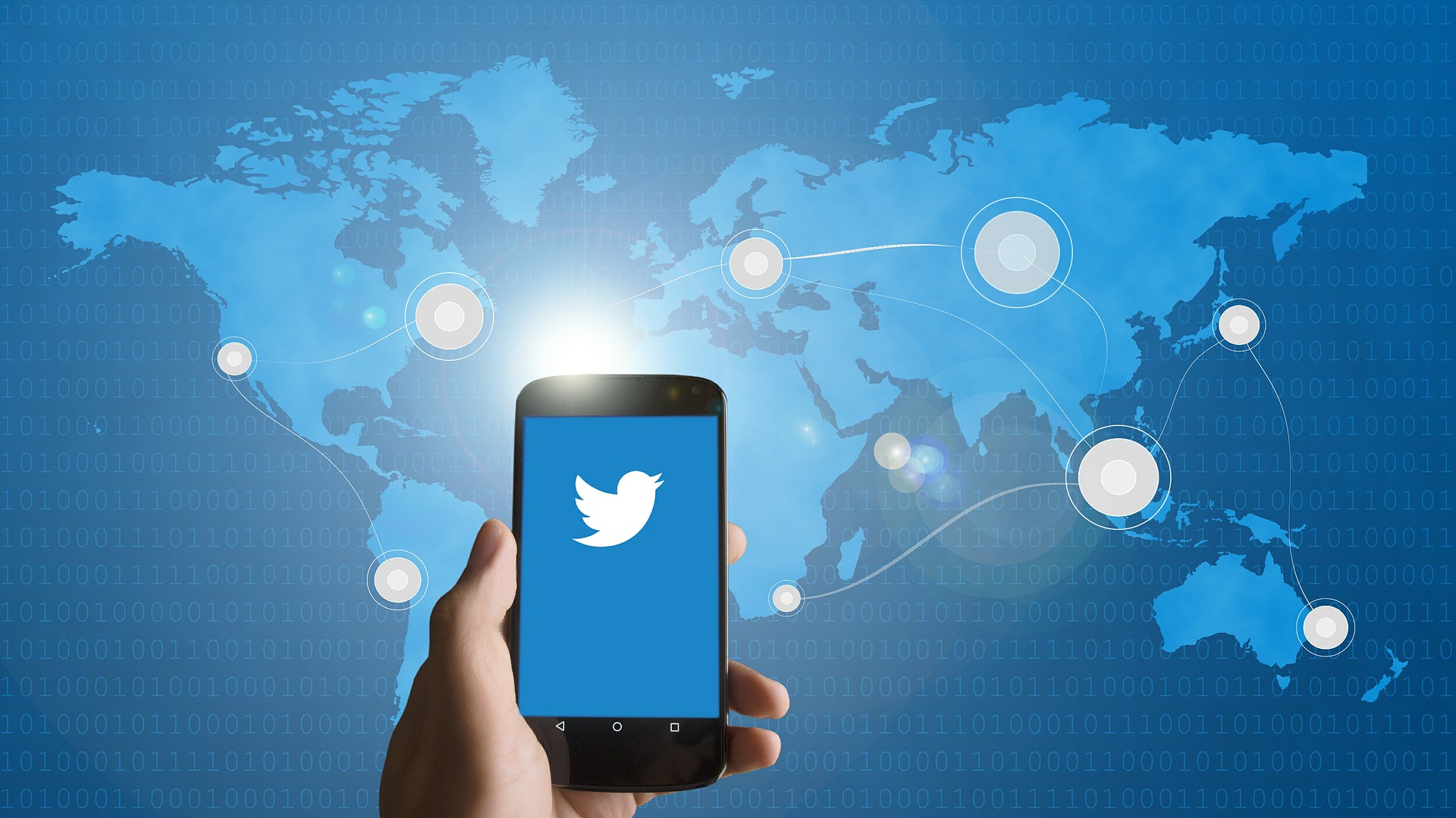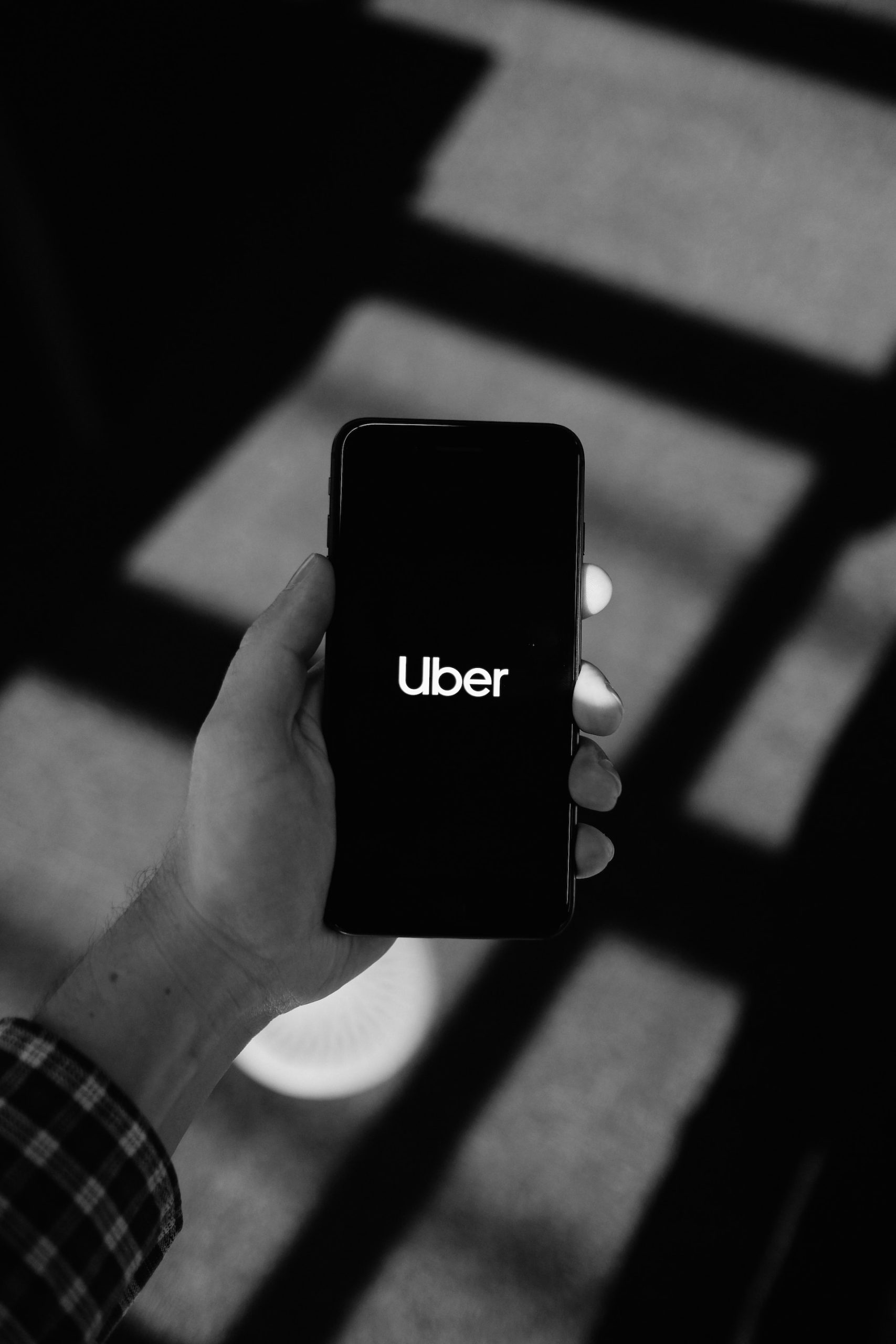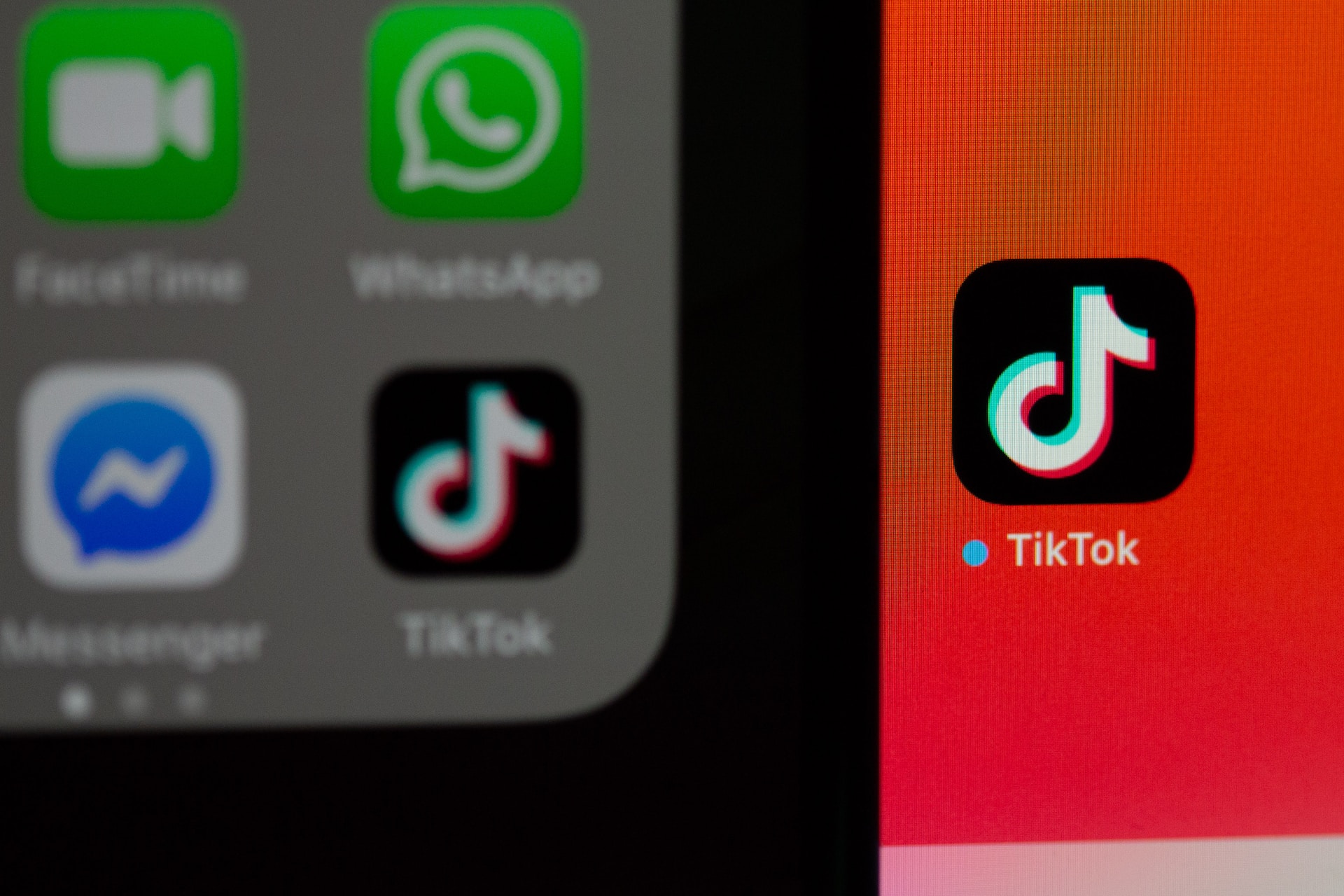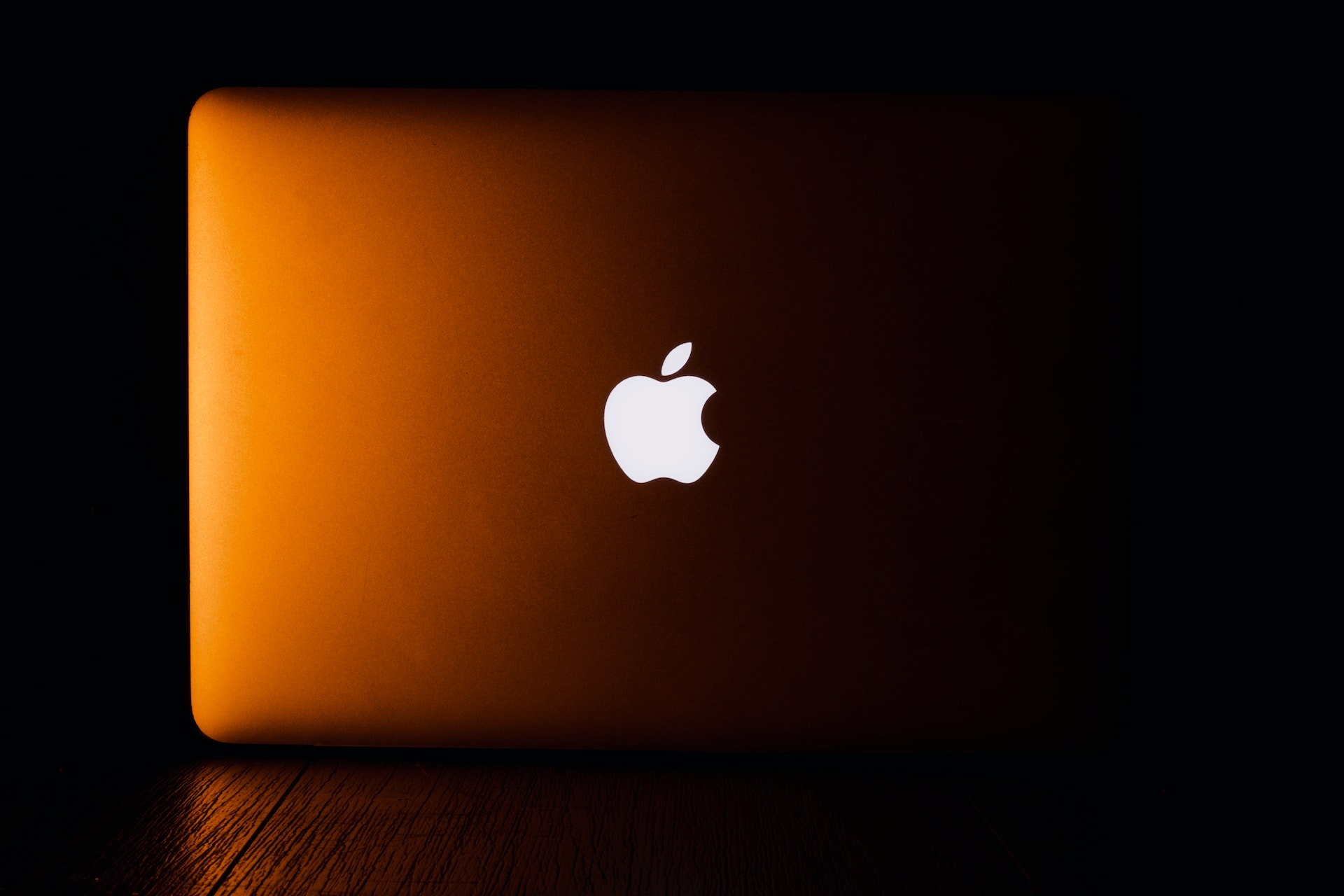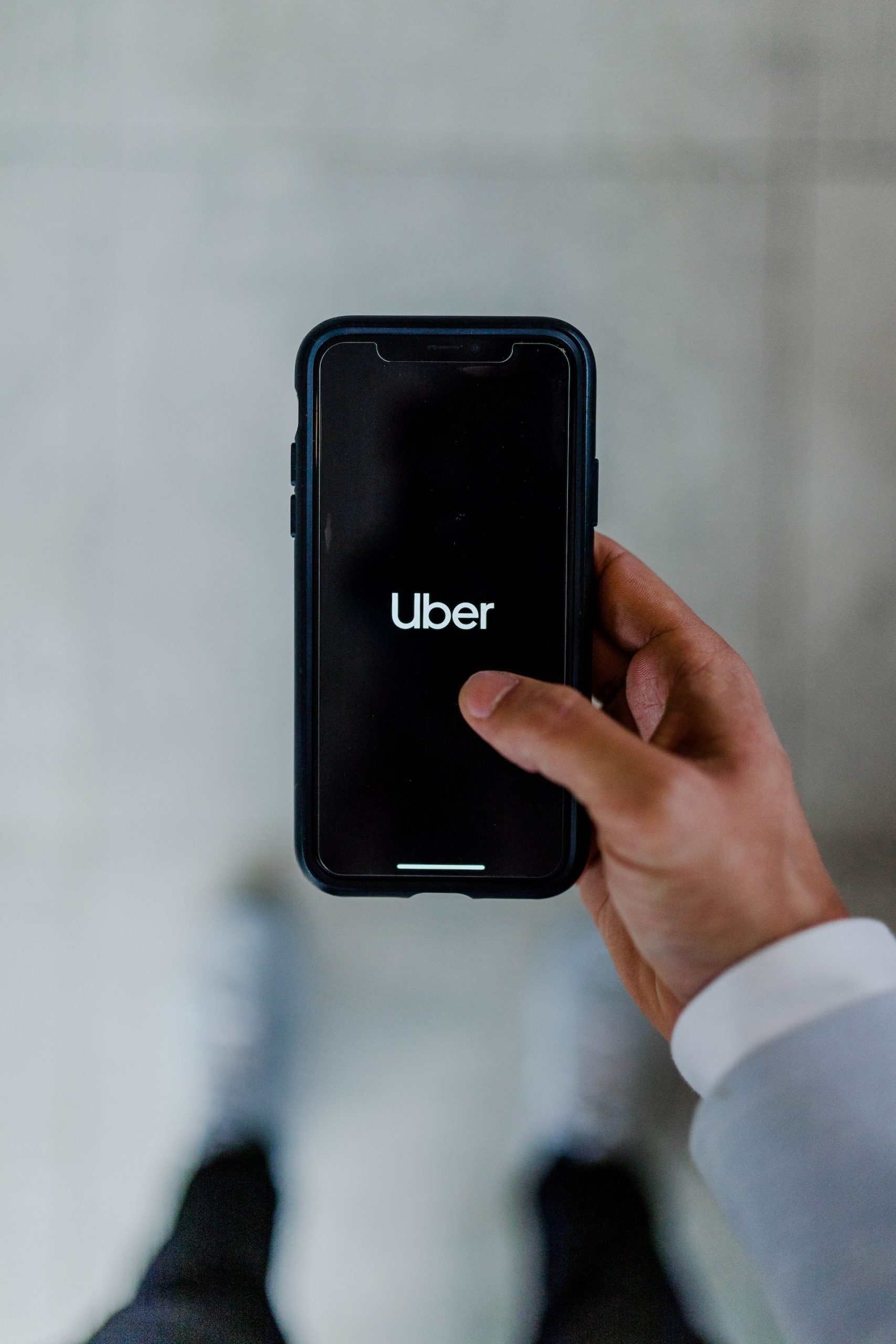Elon Musk, the CEO of Tesla and SpaceX, has always been known for his provocative tweets, often drawing both admiration and condemnation from his followers. However, his recent tenure as the world’s richest person has elevated his online persona to new heights, and with it, the scrutiny of his tweets. But it’s not just Musk who is facing criticism on Twitter. The blue check mark, a symbol indicating that a user has been verified by Twitter, has also become a polarizing issue.
In the early days of Twitter, the blue check mark was a rare sight, reserved only for celebrities, politicians, and other high-profile individuals. However, as the platform grew, so did the number of verified accounts. Today, the blue check mark is seen as a status symbol, a mark of validation that sets verified users apart from the rest of the Twitterverse.
But with great power comes great responsibility, and many believe that verified users, particularly those with large followings, have a duty to use their platform responsibly. This has led to a growing backlash against verified users who are seen as abusing their privileges by spreading misinformation, promoting harmful ideologies, or engaging in harassment and abuse.
Enter Elon Musk. With over 58 million followers, Musk is one of the most influential voices on Twitter. His tweets about cryptocurrencies have been known to cause fluctuations in their values, and his comments on Tesla’s stock price have drawn the ire of regulators. Musk’s tweets have even sparked debates about the legality of his use of Twitter as a platform for disseminating company information.
Musk’s tweets have also been criticized for promoting misinformation, particularly about the COVID-19 pandemic. In 2020, he tweeted that “kids are essentially immune” to the virus, a claim that was widely debunked by health experts. He has also spread misinformation about the effectiveness of various COVID-19 treatments, including hydroxychloroquine.
But it’s not just Musk’s tweets that are drawing criticism. The blue check mark next to his name has become a symbol of Twitter’s perceived failures to hold powerful users accountable. Critics argue that the blue check mark is more about status than verification, and that it gives verified users an unwarranted level of authority on the platform. Some have even called for Twitter to abolish the verification system altogether.
So, what can be done about the polarizing symbol of the blue check mark? Some have suggested that Twitter needs to do a better job of verifying users, focusing more on ensuring that verified users are using their platform responsibly. Others argue that the verification system needs to be rethought altogether, with less emphasis on status and more on accountability.
Regardless of what happens to the blue check mark, it’s clear that Twitter has a responsibility to ensure that its platform is being used responsibly by all users, especially those with large followings. And as for Elon Musk, it remains to be seen whether his tenure as the world’s richest person will continue to elevate his online persona, or whether his tweets will ultimately lead to his downfall.






